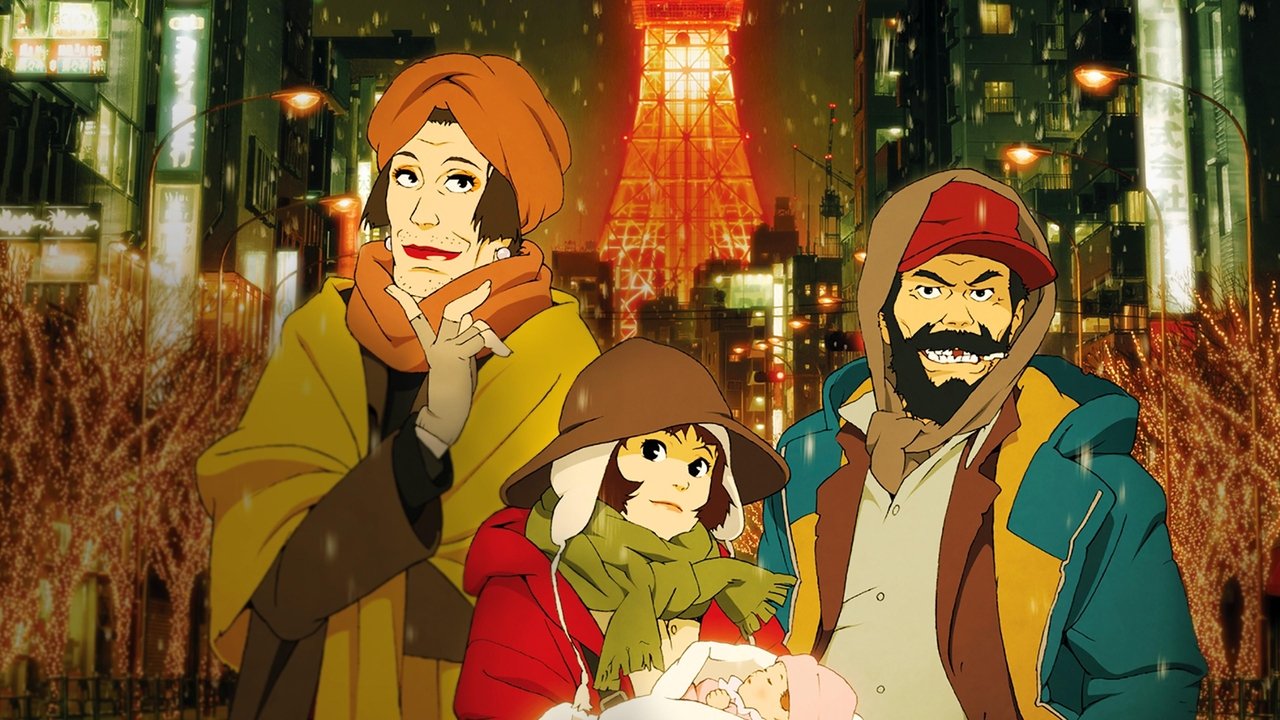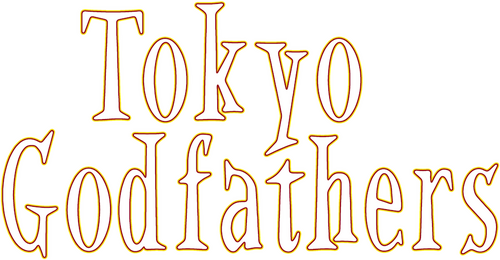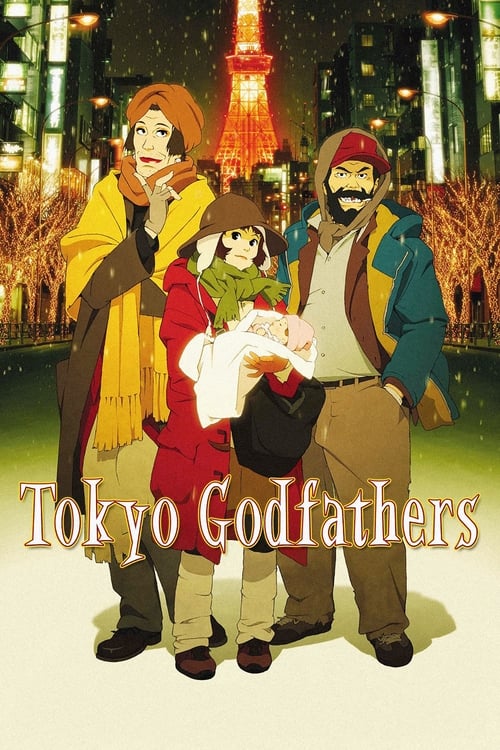
 Tokyo Godfathers
— Meet the ultimate dysfunctional family.
Tokyo Godfathers
— Meet the ultimate dysfunctional family.
Tokyo Godfathers

On Christmas Eve, three homeless people living on the streets of Tokyo discover a newborn baby among the trash and set out to find its parents.






















This is a great movie. And since the movies about homeless people can be counted on one hand a unique one on top of that.